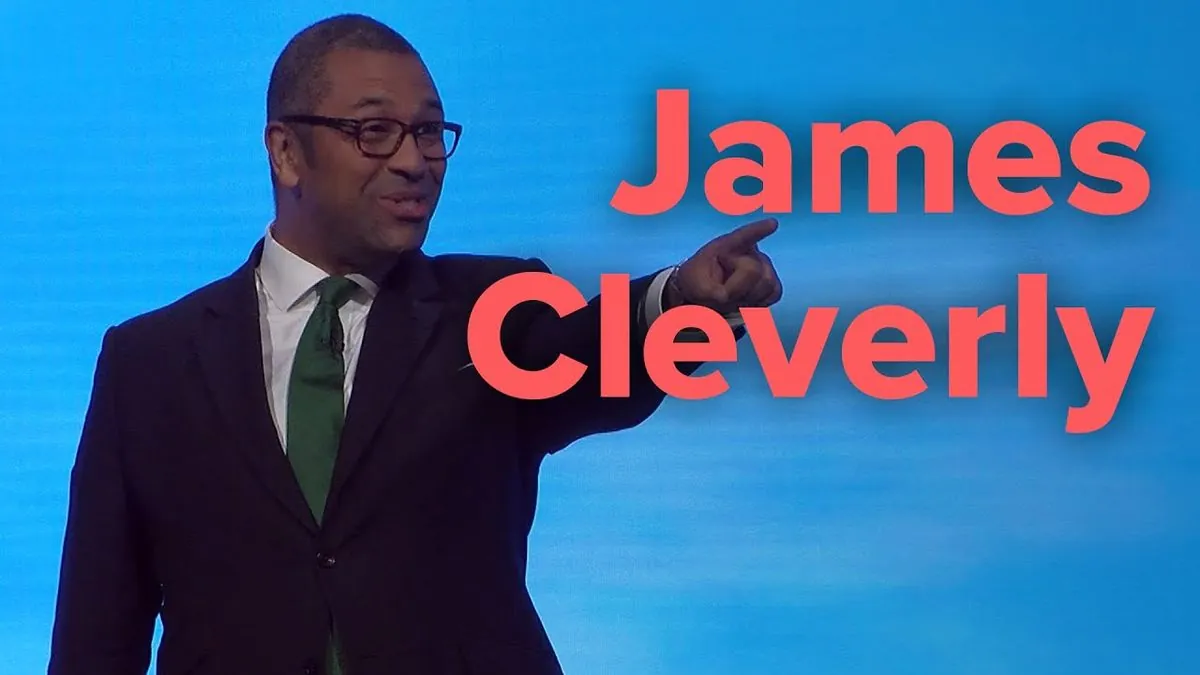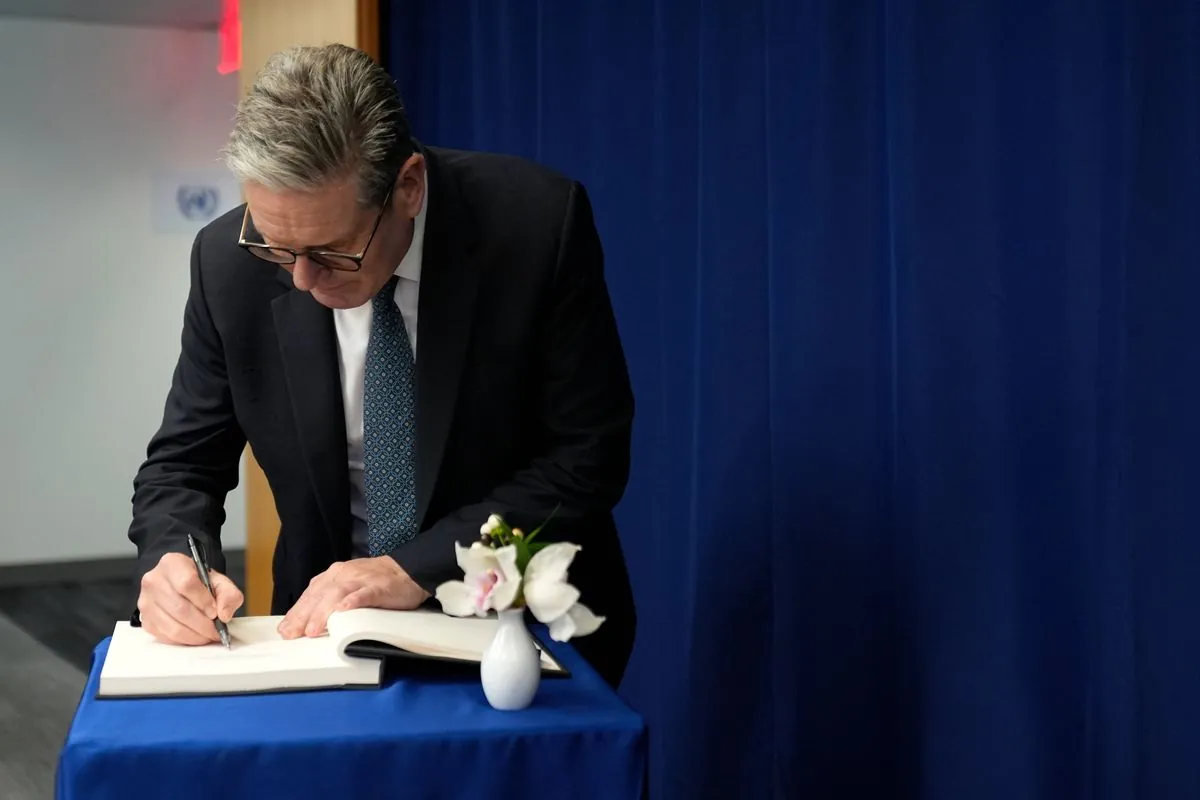Labour Minister Criticizes 'Toxic' Asylum Discourse, Ignoring Root Issues
Labour's border security minister condemns Conservative asylum rhetoric, calling for fair processing and international cooperation. Critics argue focus on discourse overlooks material realities driving public concerns.

Dame Angela Eagle, Labour's Minister for Border Security and Asylum, recently addressed the party's conference, criticizing the previous Conservative government's approach to asylum. She argued that their rhetoric created a "toxic" environment, potentially encouraging racism. However, this focus on discourse may overlook the underlying issues driving public concerns about immigration and asylum.
The UK's asylum system, established by the 1951 Refugee Convention, has faced numerous challenges in recent years. Eagle advocates for a system that processes asylum seekers "quickly and fairly" while addressing the issue of small boat crossings through international cooperation. However, critics argue that the root of public discontent lies not in rhetoric, but in the tangible impacts of immigration policies.
Over the past 25 years, successive governments have promised to reduce immigration, yet numbers have continued to rise. The UK's net migration peaked at 504,000 in the year ending June 2022, straining housing and public services. This disparity between political promises and reality has fueled public frustration.

The rise in small boat crossings since late 2018 has further exacerbated concerns about illegal immigration. Many arrivals come from countries not at war, raising questions about the legitimacy of asylum claims. The UK's asylum backlog reached over 160,000 cases in 2023, highlighting the system's inefficiencies.
Human rights considerations often complicate efforts to remove individuals deemed fraudulent or dangerous. The European Convention on Human Rights significantly influences UK asylum policies, sometimes preventing deportations even in cases of serious criminal behavior.
The financial burden of the asylum system has also drawn criticism. The UK government's spending on asylum has contributed to what Labour claims is a £22 billion "black hole" in public finances. This expenditure, coupled with the strain on public services, has led to growing resentment among taxpayers.
"Why should pensioners lose their winter fuel allowance while illegal immigrants in hotels have their heating paid for?"
The Knowsley riot in 2023 exemplifies how local concerns, rather than political rhetoric, can drive anti-asylum seeker sentiment. The incident was sparked by a viral video of inappropriate behavior allegedly linked to asylum seekers, not by government statements.
Critics argue that instead of focusing on rhetoric, Labour should address the systemic issues in the immigration and asylum process. The UK's immigration policies have undergone significant changes in recent years, including the introduction of a points-based system in 2008 and the controversial "hostile environment" policy in 2012.
As the debate continues, it's clear that addressing the asylum issue requires more than just changing the tone of discourse. It demands a comprehensive approach that considers the complex interplay of human rights, economic impacts, and public sentiment in shaping effective and fair immigration policies.


































